Cassandre McKinley - Til Tomorrow: Remembering Marvin Gaye (2006/2016)
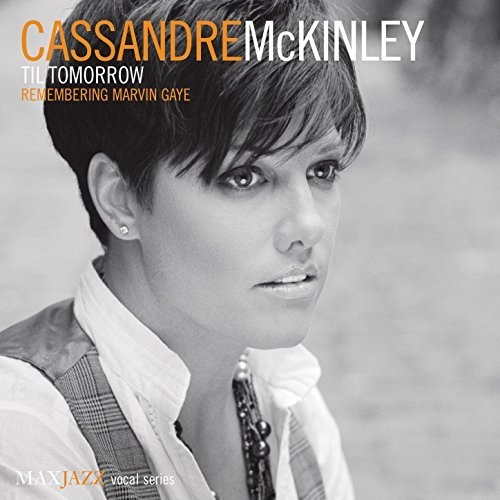
Artist: Cassandre McKinley
Title: Til Tomorrow: Remembering Marvin Gaye
Year Of Release: 2006/2016
Label: Max Jazz Records
Genre: Jazz, Vocal Jazz, Smooth Jazz, Soul
Quality: Mp3 320 / Flac (tracks)
Total Time: 56:03
Total Size: 136/335 Mb
WebSite: Album Preview
Tracklist:Title: Til Tomorrow: Remembering Marvin Gaye
Year Of Release: 2006/2016
Label: Max Jazz Records
Genre: Jazz, Vocal Jazz, Smooth Jazz, Soul
Quality: Mp3 320 / Flac (tracks)
Total Time: 56:03
Total Size: 136/335 Mb
WebSite: Album Preview
1. Trouble Man
2. I Want You
3. Til Tomorrow
4. I Wish It Would Rain
5. You're the One for Me
6. Pride and Joy
7. Your Precious Love
8. Night Life
9. Let's Get It on
10. After the Dance
11. I Won't Cry Anymore
12. I Wonder
13. Yesterday
14. If This World Were Mine
Cassandre McKinley (vocals)
Stephen Angellis (vocals)
Marty Ballou (acoustic guitar, electric guitar)
Dino Govoni (tenor saxophone)
John Allmark (trumpet)
Brad Hatfield (piano, synthesizer)
Vincent Pagano (drums, percussion)
Marty Richards (drums)
Lexi Angellis (rainsticks)
One of the funniest jokes that has made the rounds in the jazz world goes like this: how many jazz vocalists does it take to sing "My Funny Valentine"? All of them. The point is that so many jazz artists males and females, singers and instrumentalists insist on performing the most overdone Tin Pan Alley warhorses no matter how much those warhorses been beaten to death over the years, and God forbid they should try to find the jazz potential in rock or R&B songs. Thus, it is refreshing to hear Boston-based vocalist Cassandre McKinley providing this jazz-friendly tribute to Marvin Gaye.
Til Tomorrow: Remembering Marvin Gaye is not straight-ahead jazz; what McKinley does on this 59-minute CD is best described as a mixture of jazz, R&B, and pop (with blues and gospel elements at times). But jazz is certainly an important part of the equation, and McKinley doesn't simply offer note-for-note covers of songs that the late soul icon recorded; she interprets them, offering plenty of delightful surprises along the way. "I Want You" and "After the Dance" receive bossa nova makeovers, and McKinley puts a post-bop spin on "Trouble Man" without sacrificing any of the song's bluesiness. "Let's Get It On" becomes surprisingly understated and torch-like in McKinley's hands, while "I Wish It Would Rain" (a gem associated with the Temptations and Gladys Knight & the Pips more than Gaye, although he recorded it in 1970) is given an appealingly bluesy, folkish spin along the lines of Tracy Chapman. "I Wish It Would Rain" is one of the disc's least jazz-minded performances, but again, McKinley never claimed that Til Tomorrow was the work of a jazz purist. It is, however, an excellent example of a jazz-friendly vocalist acknowledging that great popular music didn't end with Tin Pan Alley. (Alex Henderson)
Til Tomorrow: Remembering Marvin Gaye is not straight-ahead jazz; what McKinley does on this 59-minute CD is best described as a mixture of jazz, R&B, and pop (with blues and gospel elements at times). But jazz is certainly an important part of the equation, and McKinley doesn't simply offer note-for-note covers of songs that the late soul icon recorded; she interprets them, offering plenty of delightful surprises along the way. "I Want You" and "After the Dance" receive bossa nova makeovers, and McKinley puts a post-bop spin on "Trouble Man" without sacrificing any of the song's bluesiness. "Let's Get It On" becomes surprisingly understated and torch-like in McKinley's hands, while "I Wish It Would Rain" (a gem associated with the Temptations and Gladys Knight & the Pips more than Gaye, although he recorded it in 1970) is given an appealingly bluesy, folkish spin along the lines of Tracy Chapman. "I Wish It Would Rain" is one of the disc's least jazz-minded performances, but again, McKinley never claimed that Til Tomorrow was the work of a jazz purist. It is, however, an excellent example of a jazz-friendly vocalist acknowledging that great popular music didn't end with Tin Pan Alley. (Alex Henderson)
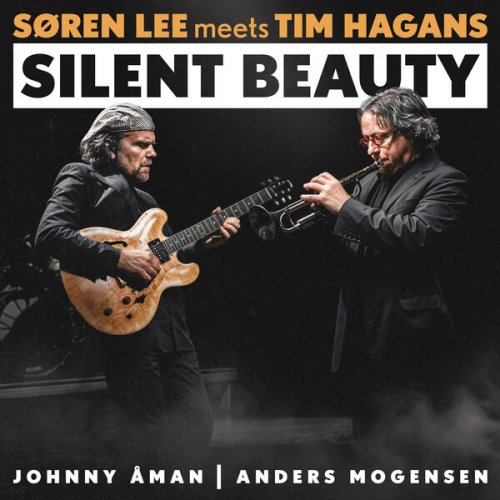
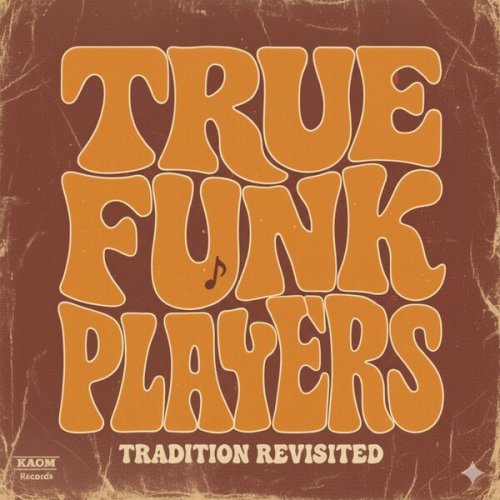
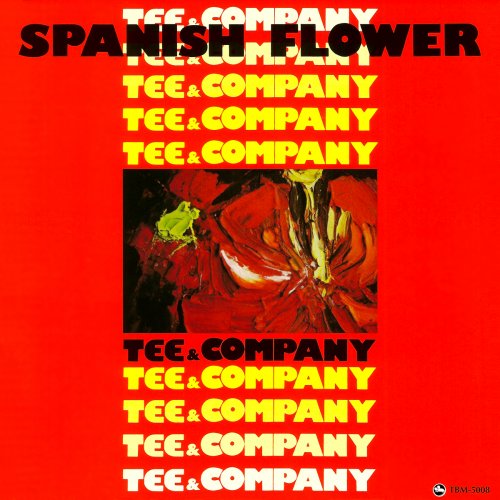
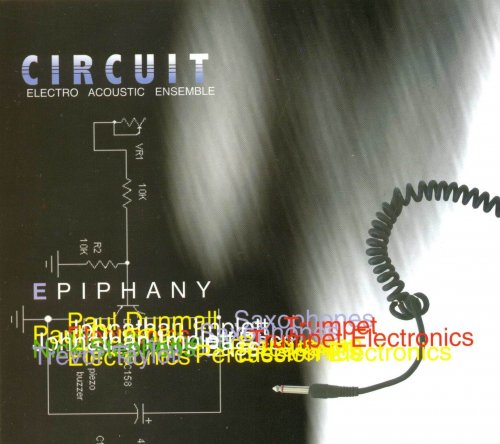
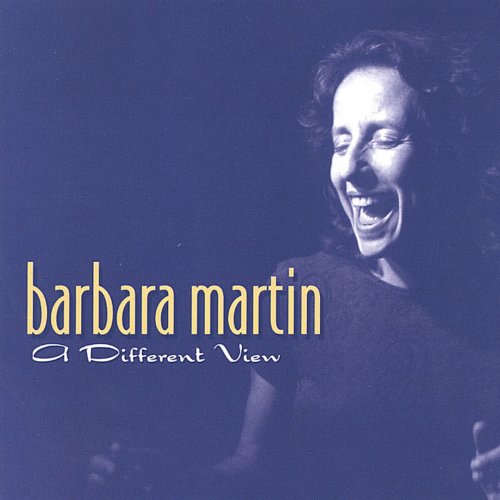

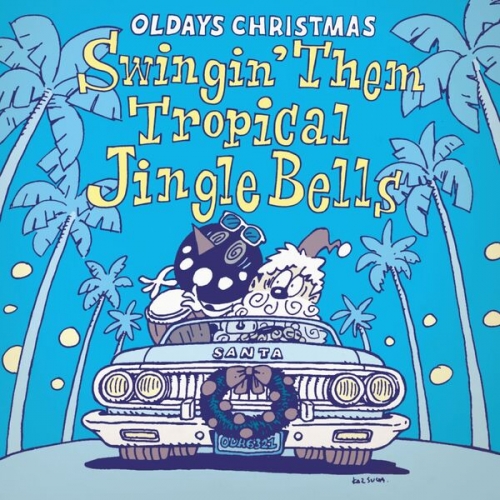
![Larry Coryell - Major Jazz Minor Blues (1998) [CDRip] Larry Coryell - Major Jazz Minor Blues (1998) [CDRip]](https://www.dibpic.com/uploads/posts/2026-02/1771860317_5.jpg)
![The Messthetics & James Brandon Lewis - Deface The Currency (2026) [Hi-Res] The Messthetics & James Brandon Lewis - Deface The Currency (2026) [Hi-Res]](https://www.dibpic.com/uploads/posts/2026-02/1771424652_1.jpg)